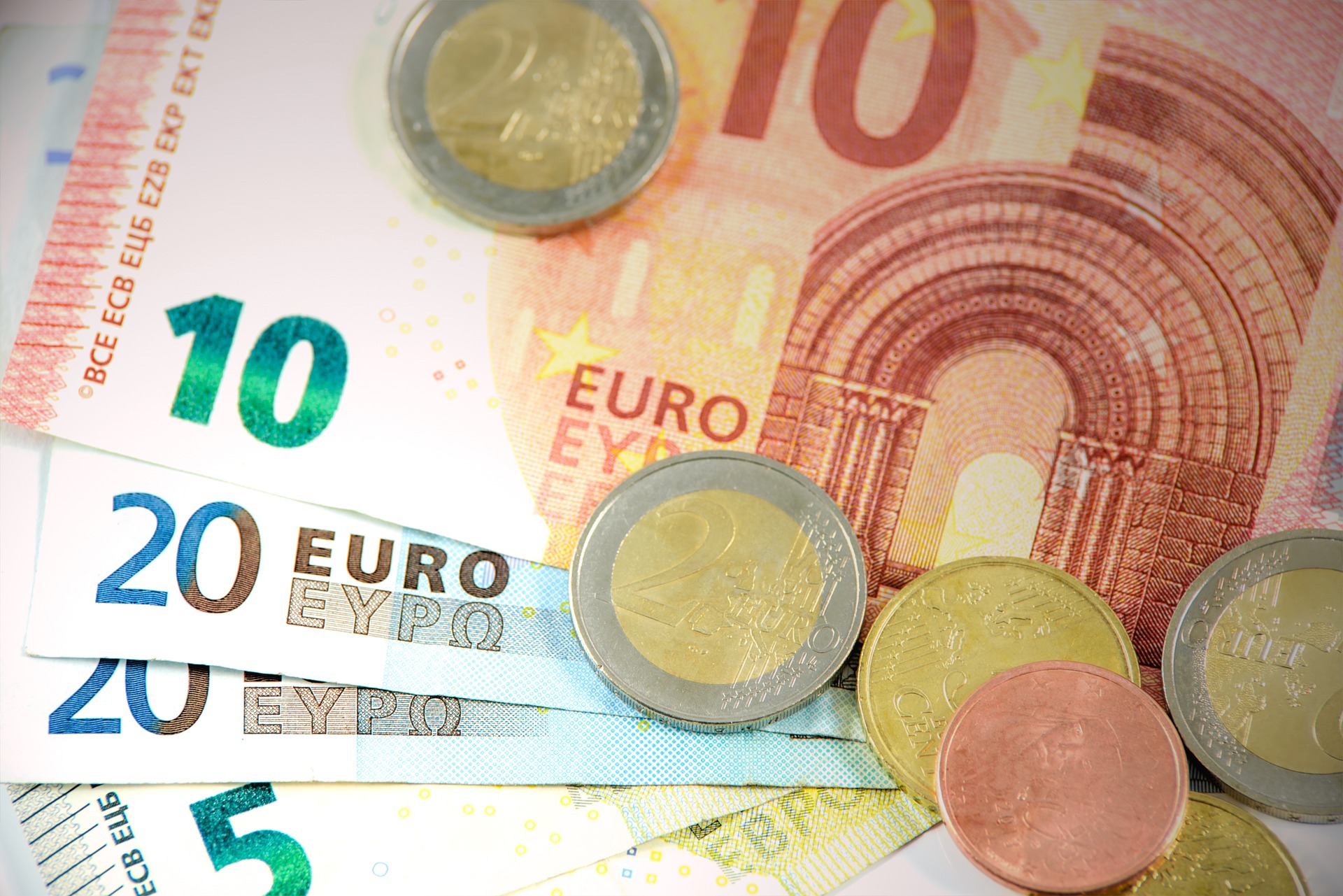 The price mostly has a major role in our daily purchasing decisions. The lower the better. What if, for a product or service, the true cost is not reflected in the price, and we have been ignoring external costs for a long time? Find out more, and learn something about environmental policy and economics, now.
The price mostly has a major role in our daily purchasing decisions. The lower the better. What if, for a product or service, the true cost is not reflected in the price, and we have been ignoring external costs for a long time? Find out more, and learn something about environmental policy and economics, now.
The polluter pays principle…
… an environmental policy principle, which signifies: Those who cause pollution, must bear the costs. Often, those costs are not paid by the responsible person, and reasons are for example
-
There is no explicit polluter
-
Economic interests have higher priority than those of the general public
-
The damage is not or difficult to measure in money
Based on 4 examples, you will see that the polluter pays principle, especially in environmental matters, is bypassed, and actually we as consumers, pay so-called external costs.
What are external costs?
For a product to be sold, a price is calculated that covers internal costs, such as manufacturing costs, but also external costs, in form of environmental damage.
External costs are those, that the company does not take over. Instead, in addition to the price, these costs are taken over by the consumers and taxpayers. Even by those who intentionally do not want to invest in environmentally harmful processes.
Climate change: a consequence of ignoring true costs?

Who caused climate change?
Climate change has not entered our lives from yesterday to today. It is a consequence of what the individual or a group of people does, and a reflection of human lifestyles.
200 years ago, we were not conscious of what the human existence causes on planet earth. Today there is far more information and experience, based on scientific work, that makes us aware of consequences and inspires to solve problems.
Who pays for climate change?
As you can guess, there is no single person or company to blame or an amount of money we can hand to pay the costs. Instead, climate change is a different type of cost, that destructs what has been built up, with a high amount of global resources and affects live on earth.
The price of meat … a true cost?
If you like meat, low prices may fill you with happiness, and be the reason why you eat your steak every day. In fact, how are low prices like two euro for 1 kg meat possible? Not only the quality of the meat is low, also animals suffer because of animal laboratory and cheap production, emissions are caused, and land is polluted. Also, meat is subsidized by politics.

Subsidies … money that governments or their unions pay to boost the economy and lower the price for the individual consumer. The money comes from a large tax pot, which is co-funded by every taxpayer.
Whether we can afford to continue offering this food so cheaply or not, as the population grows, and the environment suffers, we make more debts every day.
The price of a flight … a true cost?
Flying became very cheap, the recent years, don’t you think?
For years, air traffic has been subsidized by taxes, which has reduced the price of the individual.
Do not get me wrong, I love to travel, and I’m glad if I save money. Often, however, the guilty conscience gets very loud, reminding me about the consequences of this decision. Read more about air travel here.

Wouldn´t it be better to invest in research, that enables flying without destroying the environment? Or, subsidizing train rides, that have a lower CO2 footprint, by full occupation. In addition, the price would also have a steering effect, which would allow us to travel short distances by train, while consciously assuming all costs now.
The price of fast fashion … a true cost?
What is fast fashion? Read it here.
Buying a t-shirt for 5 euros is not much effort for me. The fast-fashion company, however, has the goal of producing clothing as cheaply as possible, so that people shop more and many times.
To achieve this, savings must be made at certain points in the value chain. The external costs are transferred, for example, to workers in low-wage countries, where they work under unreasonable working conditions, for little money, and a long time.

The price of plastic … a true cost?
For years we threw plastic on the ground, did not pay attention to it, and today, seas and land are fully paved with the packaging material, that is made from petroleum. Read more about plastic pollution, here.
The external costs of wasting these resources are, for example, the research trips and teams that bring all the plastic back out of the sea, or the loss of plankton, which is an important and essential food component, with numerous consequences.

How to include external costs?
To solve problems that go beyond the horizon of the individual, there are politicians who’s job it is to handle national or global problems and find solutions.
They have certain instruments such as CO2 taxes, certificates, a Pigou tax, obligations and prohibitions that affect the price of a product to achieve a steering effect, and for example, restrict the consumption of environmentally harmful products.
For more price truth, external costs should be included in the price of goods and services right from the start. This can help prevent emissions and disasters while creating jobs and without having to pay the price of external costs later.

Sweden and Switzerland have already introduced something like a CO2 tax, with gross domestic product rising and CO2 emissions declining. But it takes a lot of environmental awareness of the population. Only then is it worthwhile to reduce other taxes or to introduce higher social benefits?
Then the state rewards those who act climate-friendly, and that could be funded by a carbon tax. In the future, it is important to negotiate cross-state borders and to keep to agreements without leaving immediately. Environmental problems are global and every country in the world makes its contribution.
- https://www.zeit.de/wirtschaft/2017-08/co2-steuer-klimawandel-abgas-skandal/seite-3
- https://www.wiwi.uni-frankfurt.de/profs/eisen/Tut10Loesung.pdf
- https://www.derwandel.at/portfolio/verursacherprinzip-und-kostenwahrheit-wer-auslost-zahlt/
- https://industriemagazin.at/a/wolfgang-anzengruber-fordert-mehr-kostenwahrheit-bei-emissionen
- https://www.greenpeace.de/sites/www.greenpeace.de/files/publications/20130530-fs-subventionen-fuer-billigfleisch-abschaffen.pdf


